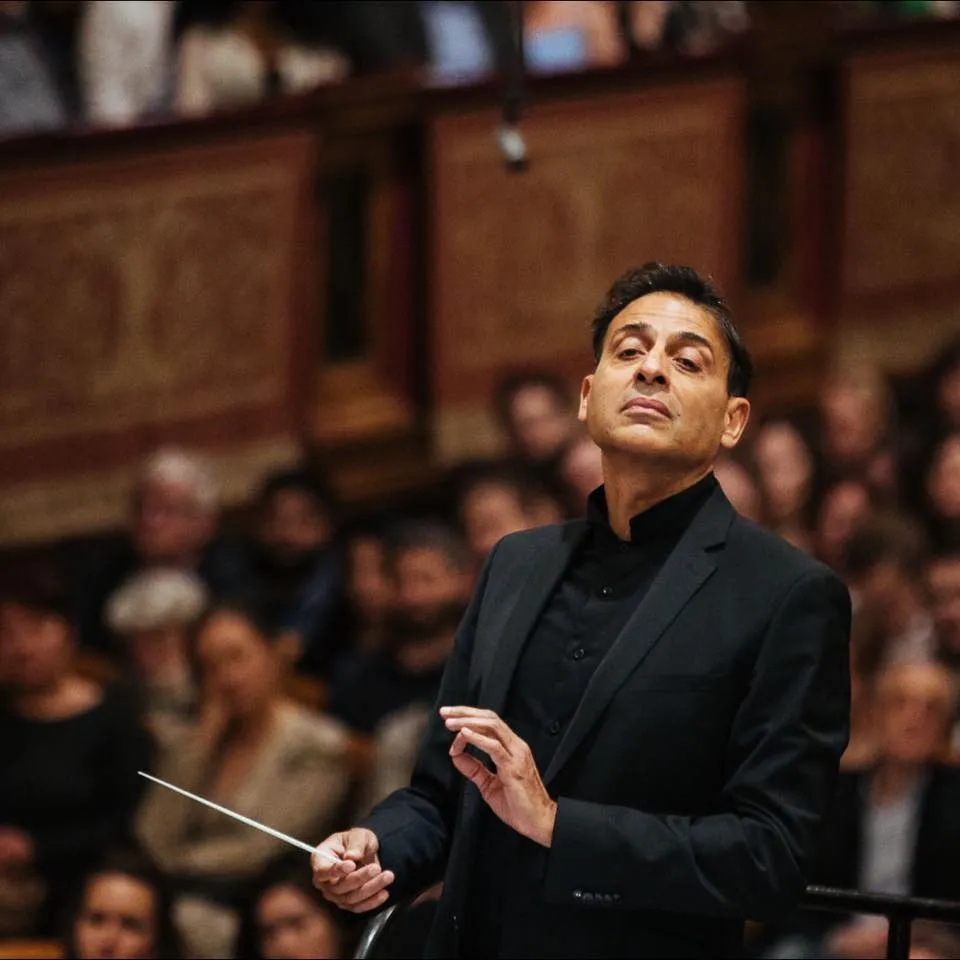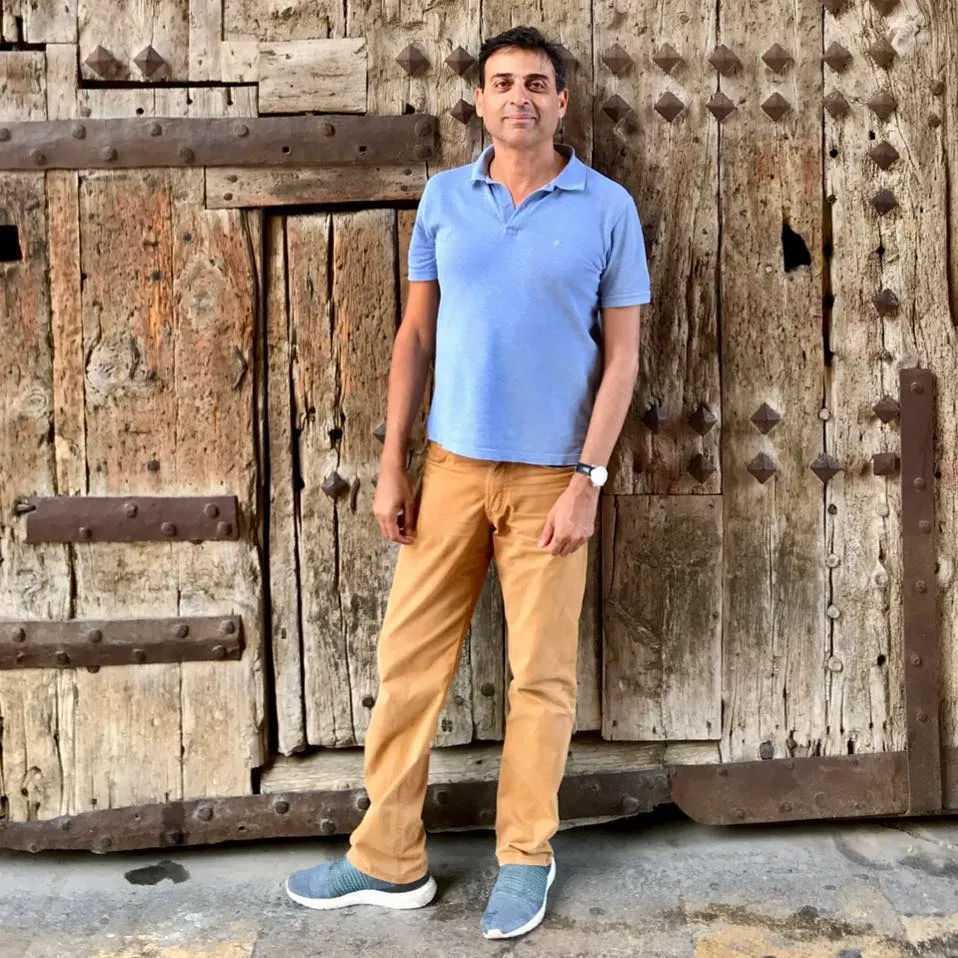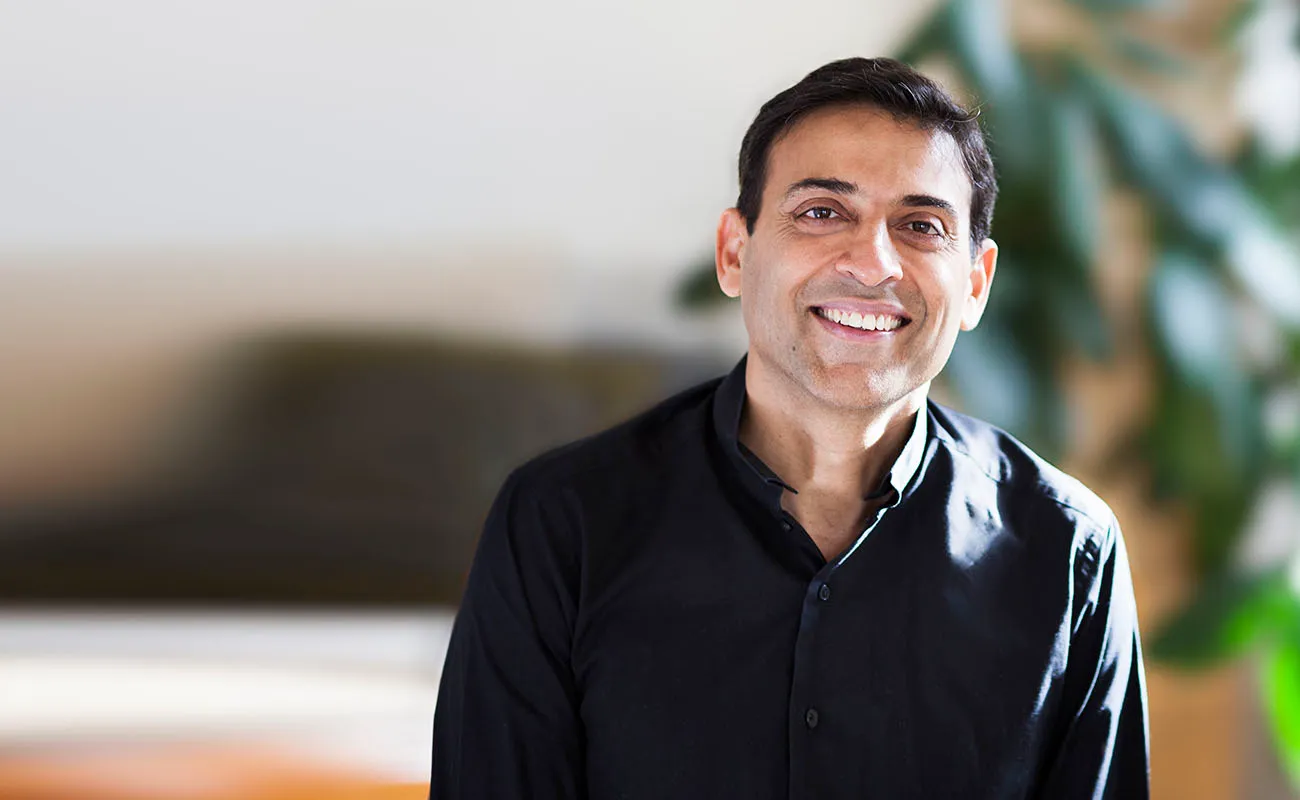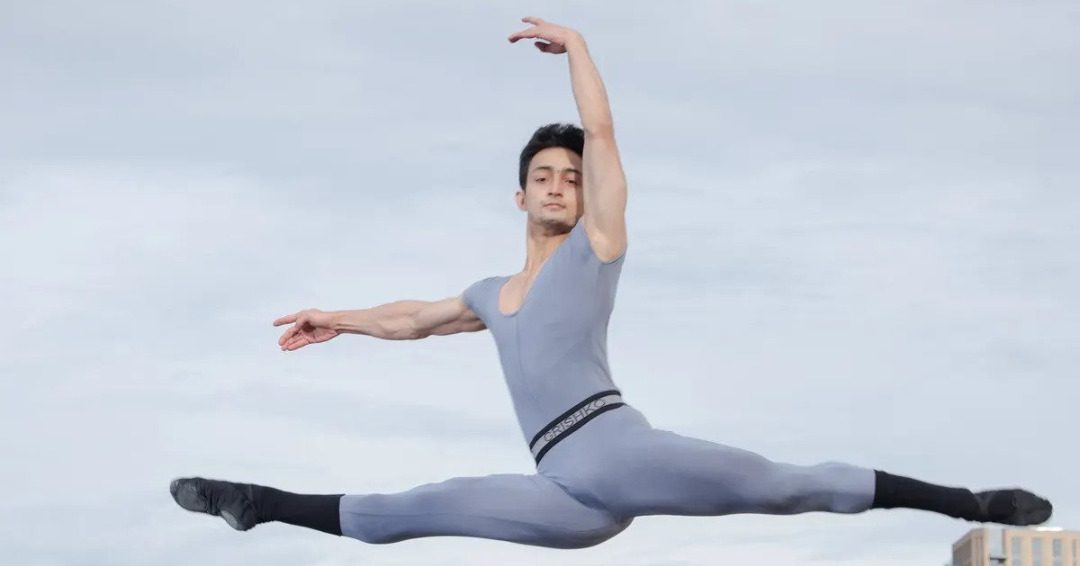(September 19, 2024) When Prime Minister Narendra Modi visited Vienna recently, one aspect of his visit went viral. His being welcomed by an orchestra and choir that performed Vande Mataram captured eyeballs across the world. The man behind the rendition was Lucknow-born conductor Vijay Upadhyaya, who leads the Vienna University Philharmonic and put together the act in three weeks!
In an exclusive interview, he tells Global Indian, “We really had no time as we needed to get everything together on short notice, and given that it was summer, a lot of our regular musicians were unavailable. Putting together an orchestra and choir of 50 musicians, practicing, and getting our act together was challenging, but I was glad we could pull it off.”
Pulling off the impossible is second nature to Vijay. His storied career tells it all. Since 1994, he has been the director of the Vienna University Philharmonic, and since 2009, he is the conductor and composer for the China National Symphony Orchestra and Chorus. In 2010, he founded the India National Youth Orchestra and Chorus to help young musicians and singers gather orchestral and choral experience.

Conductor Vijay Upadhyaya
With passion, perseverance, and an innate knack to harmoniously blend cultures, the musician has always used the transformative power of music to bring people together.
Musical roots
Vijay learned the piano at an early age from his mother, Usha Chatterjee. Music runs in the family, and he also learned to play the tabla and Kathak, cementing his intrinsic relationship with the classical arts. It was at his school (La martinière) that a serendipitous set of circumstances led him on to the path of music.
He recalls, “In school, there was a shortage of music teachers. The principal suggested that I take up teaching the school choir, as he knew I was trained in it. When I was 14, I started conducting the school choir.”
After school, he completed studies in English literature, economics, and history at Lucknow University. Thereafter, following the premature demise of his parents, he moved to Austria and studied at the University of Music and Performing Arts in Graz. Having studied conducting and composition, he gained a holistic outlook on western music.
Championing cross-cultural influences
While the initial move to Europe in 1987 was difficult (from the food and weather to the darkness), the musician found great support from the university, and after he learned German, things became a little easier.
Over the years, one aspect that really stood out in Vijay’s oeuvre of work was his ability to bring different genres of music together. Be it Chinese, Indian, or European, his music is uniquely representative of innovative interpretations. His talent and unique background allowed him to infuse performances with a distinctive flair, bridging Eastern and Western musical traditions.
His interest remains in undiscovered musical traditions. He points out the wealth of folk music in India and says, “Folk music is dying out in so many parts of Asia. It is a treasure trove of cultural wealth, but since most of it is orally transmitted from one generation to the next, it is in great danger of dying out. I have tried to find out the anthology of folk music and showcase it to a wider audience.”
Another unique aspect of his work is his ability to conduct different strands of music, be it in Telugu, Tamil, or other south Indian traditions, in orchestral arrangements. His deep respect for diverse lineages has ensured that his work highlights the universal nature of music.
A legacy of harmony
Over the years, the 57-year-old conductor has had a series of triumphs. His first symphony, “Prayer Flags,” premiered in 2014 in Vienna and is based on Indian literature and melodies. His second Symphony, “Chang’An Men: Gate to long lasting Peace,” was commissioned by the China National Symphony Orchestra and premiered in 2017 in Beijing and Vienna. He was awarded the Golden Award of Honor of the Republic of Austria for his cultural achievements.
Classical forms, be they in the East or West, require long vigor and years of training. Is the current generation up for it? “We really can’t say, as art needs a lot of practice and the stresses of today’s life don’t usually allow a person time. There is not much support from the government, and it is a difficult field. But having said that, there are always people who find a way to make it,” he states.
As for the future of classical forms, he shares, “We are on the brink of a new era. Let alone the next century, the next ten years will be vastly different as AI is poised to take over. Beethoven has written nine symphonies, and for all we know, AI might write the tenth! We need to see how technology shapes the landscape of tomorrow.”
A global Indophile
Apart from being a renowned conductor, Vijay Upadhyaya is also an avid photographer (especially in the Himalayas), can also read Sanskrit and loves reading the Upanishads, along with hiking, swimming, and growing his own vegetables.
For someone who has been away from the country for so long, how does he keep the Indian in him alive? “My sister Sonia lives in Delhi, and I visit her regularly. Also, our temples, our festivals, and our culture keep us grounded. I get a great sense of pride that I come from an ancient culture that is a blend of art, language, and history,” he explains.
In fact, it was the conductor’s shuddh Hindi that got the Prime Minister’s notice when he conversed with him recently!
Vijay Upadhyaya’s journey is far from over, but his legacy is already well-established. He continues to inspire with his performances, compositions, and musical initiatives. His life’s work exemplifies the profound impact of music on bringing people together, transcending geographical and cultural boundaries.
In a world often divided by differences, his music serves as a reminder of our shared humanity. Through his art, he builds bridges, creating a symphony of cultures that resonates with harmony and understanding. He is a maestro of melodies who sees the world through the unifying lens of music.






